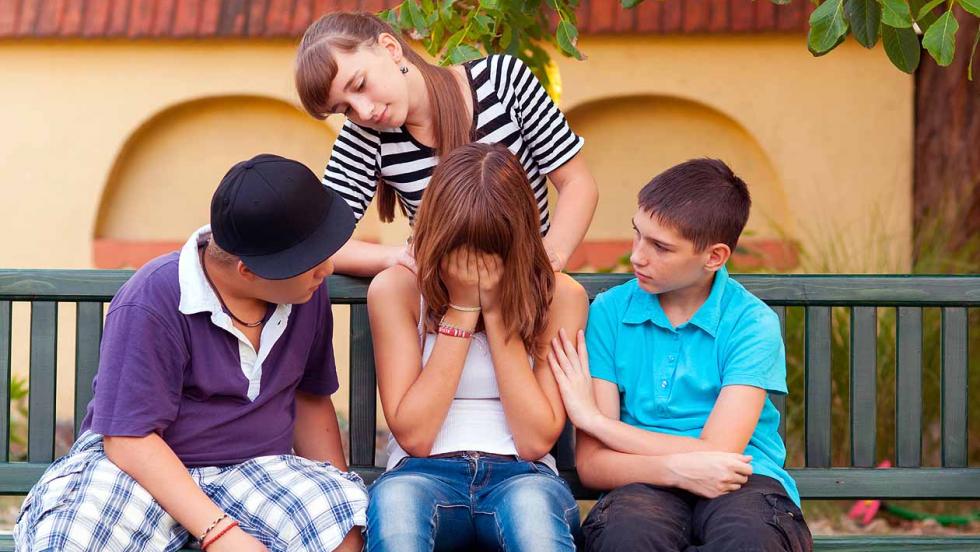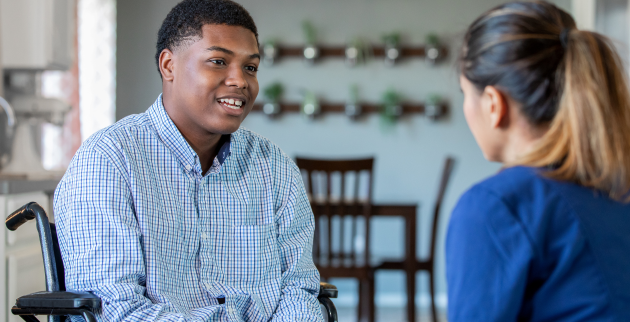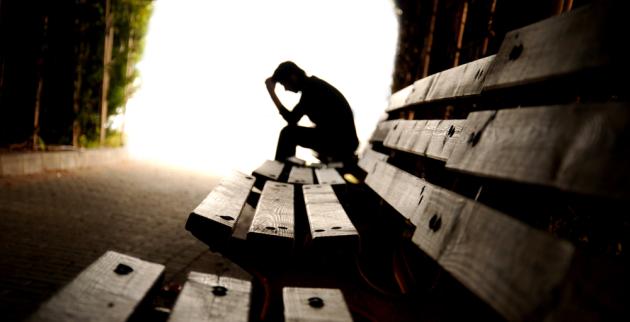Victims of Crime

Many people will experience crime during their life, although being a victim of a serious crime is rare. You can support loved ones who have had a crime committed against them.
If you, or someone you know have experienced crime:
- Know what to do and who to tell
- Be strong in yourself and know it is not your fault
- Know how to get more support if you need it
Instant expert: Find out how to report a crime to Thames Valley Police.
Is it a crime?
When a crime has been committed, people want something done about it. But sometimes people don't want to report crime because:
- They're afraid that someone will hurt them
- They don’t want to be thought of as "telling" or "a grass"
- They're not sure what they saw
- They're not sure if it's really a crime
Knowing what to do can be difficult. Talk to someone you trust, like a friend, parent or teacher.
Reporting a crime
Crimes should be reported to the police as soon as possible. In an emergency you should always dial 999. But you can report a crime at any time by call the non-emergency number 101.
Crucial: You can also report a crime on the Thames Valley Police website.
Don't want to report to the police?
There are other ways to report a crime if you don’t want to go to the police:
- Hate crime can be reported on the Stop Hate UK
- Contact Victims First online or via phone 0300 1234 148
- Crimestoppers will allow you to tell someone about a crime anonymously
- Concerns about risks to a child (including yourself) can be reported to the Multi Agency Safeguarding Hub (MASH)
Crucial: You can also contact Tell Mamma to report anti-Muslim hate crime of any kind, but in an emergency always call 999.


